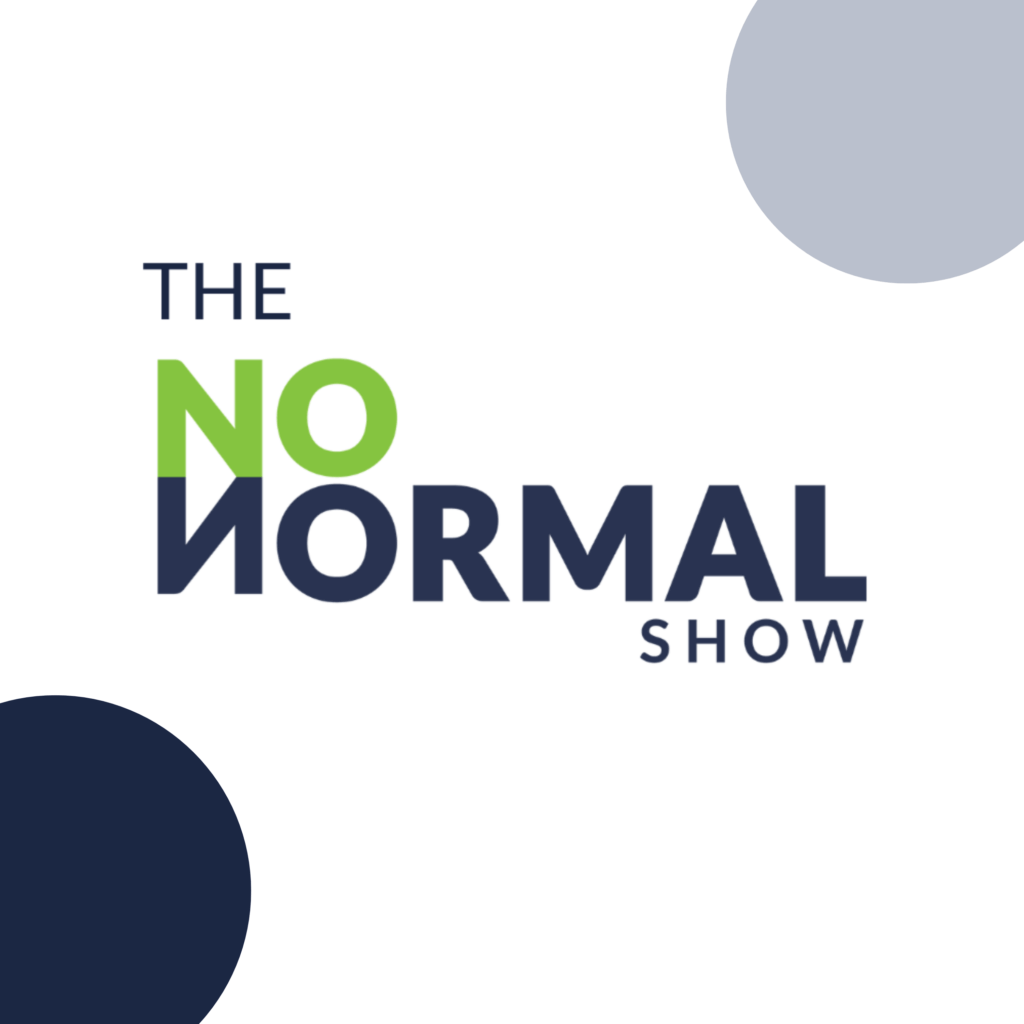Trust Issues in the Age of AI
Desirée, Stephanie, and Chris go all-in on AI this week, tackling everything from tech billionaire retreats in the Utah mountains to Microsoft’s claim that AI diagnoses patients four times better than doctors. It’s an episode that raises more questions than answers — especially the big one: What happens when AI gets so good that humans don’t have much left to do?
Mountain Head and the Boys’ Weekend from Tech Hell
The team opens with the movie Mountain Head — think Succession meets Black Mirror, but make it real and disturbingly relevant. A group of tech oligarchs, thinly veiled versions of Musk, Zuckerberg, and friends, gather in a mountain lodge while the world melts down over AI-fueled deepfakes and chaos. Chris calls it “entertaining but very creepy,” while Desirée sums it up: these days, satire doesn’t feel that different from reality. The crew can’t help but connect this fictional insanity to the real headlines, where AI is increasingly able to manufacture reality — and where tech leaders sometimes seem a bit too comfortable with shaking up entire nations.
OpenAI’s Mystery Device: A Pen or a Wand?
Next up: rumors swirling around OpenAI’s possible hardware product, designed in collaboration with Jony Ive of iPhone fame. Early hints pointed to a “pocket-sized, screen-free device.” But recent chatter suggests… a pen?
Chris, unimpressed, imagines a dramatic product launch where the curtain rises only to reveal a lonely Bic on stage. Unless, of course, it’s a wand. That, he admits, would be different.
Altman promises it’ll be the fastest product to reach 100 million users, redefining hardware and AI. But as of now, the world waits to see whether we’re getting an everyday object — or the next tech revolution disguised as stationery.
Is AI Making Us Dumber?
An MIT brain scan study hit the headlines, warning that using AI tools like ChatGPT reduces brain activity compared to traditional research or writing from scratch. The group agrees the concern is real — but also wonders whether it’s history repeating itself. After all, the same arguments were made when calculators arrived on the scene.
Desirée ties the conversation to bigger worries about declining reading comprehension among kids and college students, while Chris admits that while calculators freed us from math drudgery, losing critical thinking would be far worse. Stephanie, ever the optimist, argues AI could be a “thinking partner” that levels up our capabilities rather than diminishes them.
Trust Issues: AI in News and Marketing
A Harvard study found that most consumers are uncomfortable with news content labeled as AI-generated — not shocking in a world where trust in media is already shaky. Chris points out the irony: “People don’t trust AI…but they trust the internet?”
Desirée links it to the usual innovation cycle: first we distrust it, then we can’t live without it. Remember when people refused to bank online? Now we’re paying for groceries with our palms.
Stephanie’s takeaway: don’t let distrust headlines stall your AI progress. Familiarity breeds trust, and younger generations are far more open to AI’s role in healthcare.
So What Should Health Marketers Do Now?
-
Be Transparent but Contextual. Disclose when you use AI—but don’t scare people off. Consumers accept AI more easily when they see its benefit, not just its presence.
-
Keep the Human in the Loop. Don’t replace human judgment with AI outputs. Use AI as your strategic partner, not your spokesperson.
-
Invest in Education. Help your teams—and your audiences—understand how AI can improve experiences without sacrificing quality or ethics.
-
Tell Stories that Build Trust. Instead of hiding AI, show how it helps deliver better care, faster answers, or more personalized service. Make it about people, not just technology.
Read the transcript
